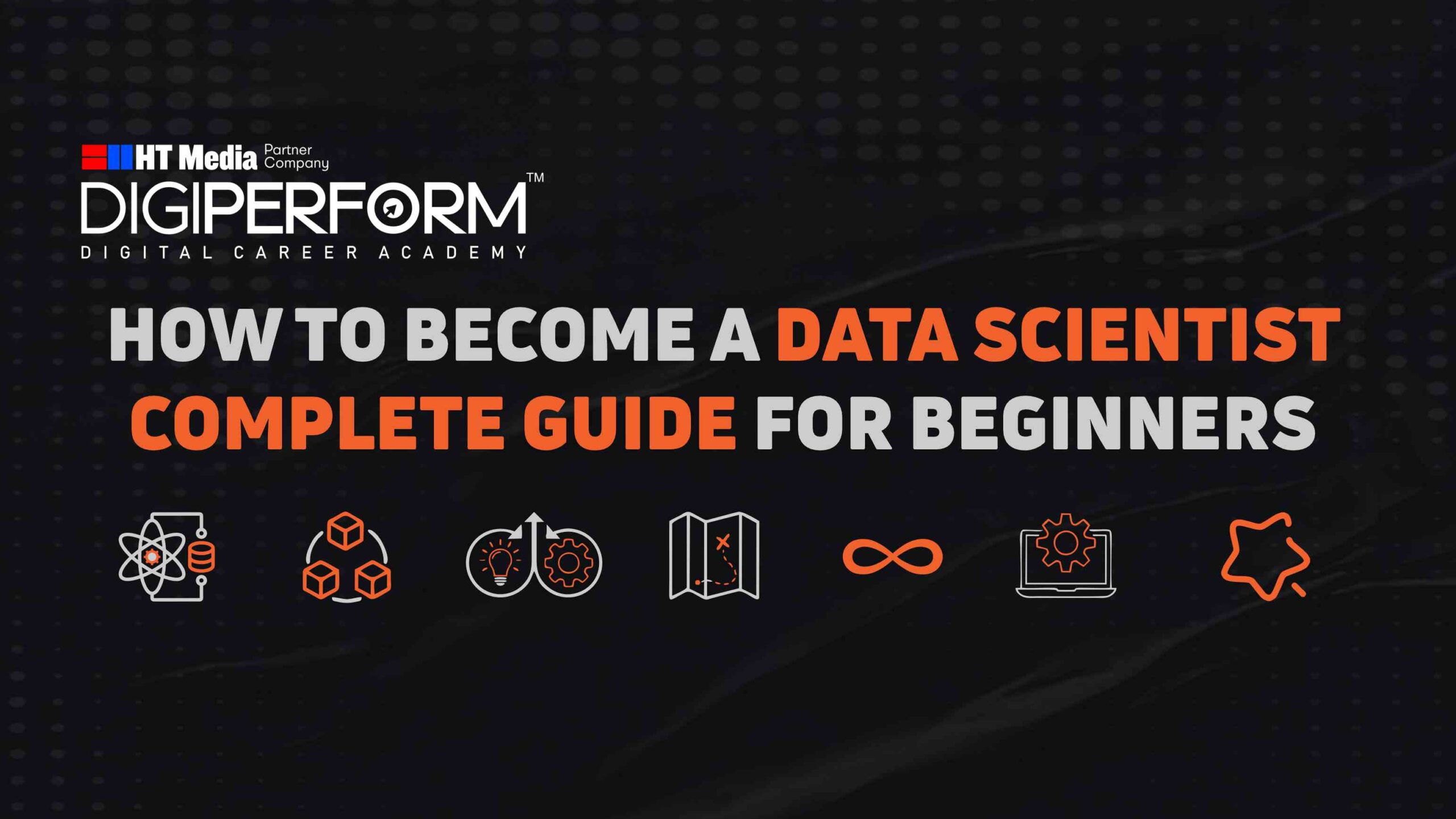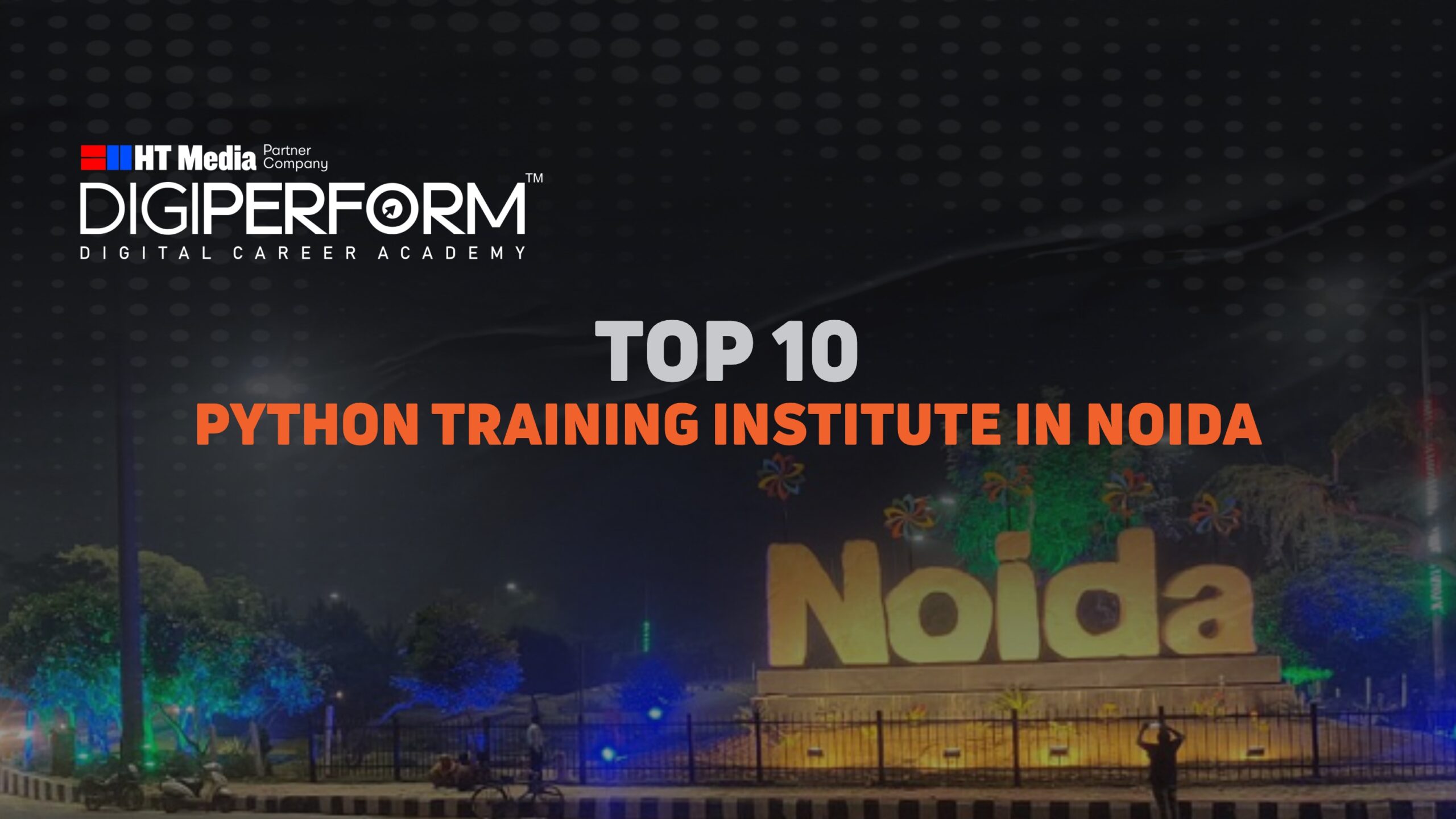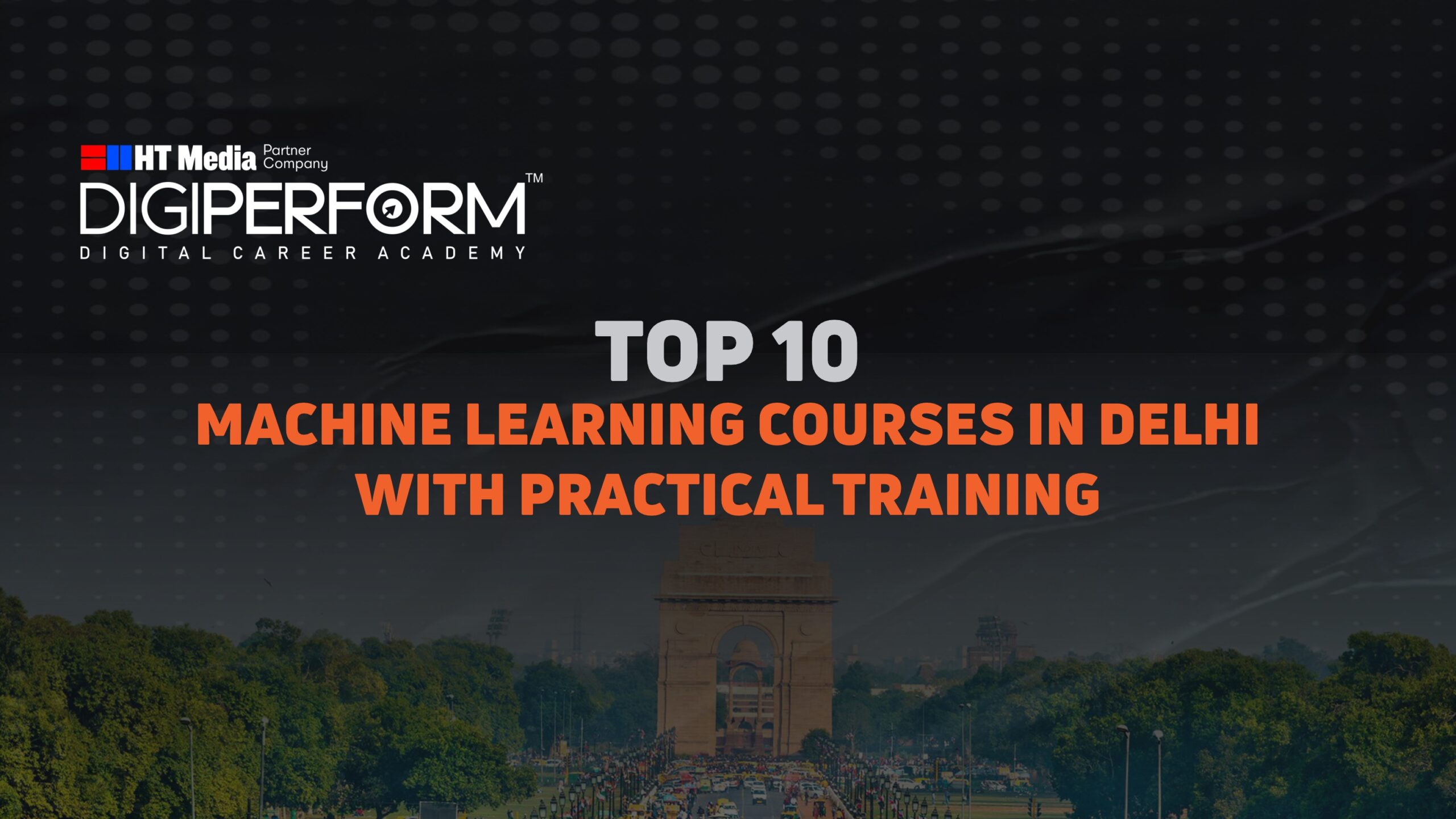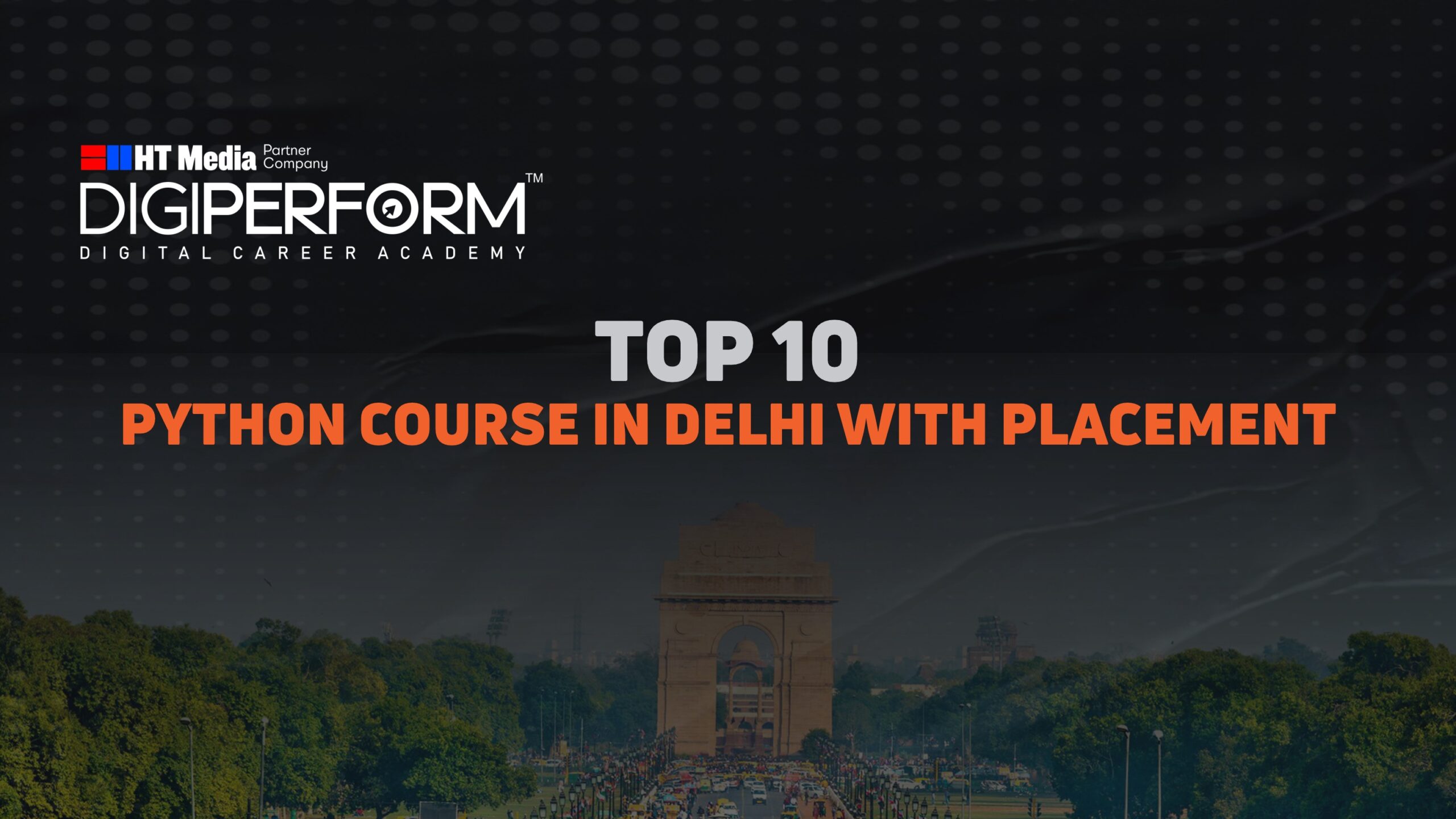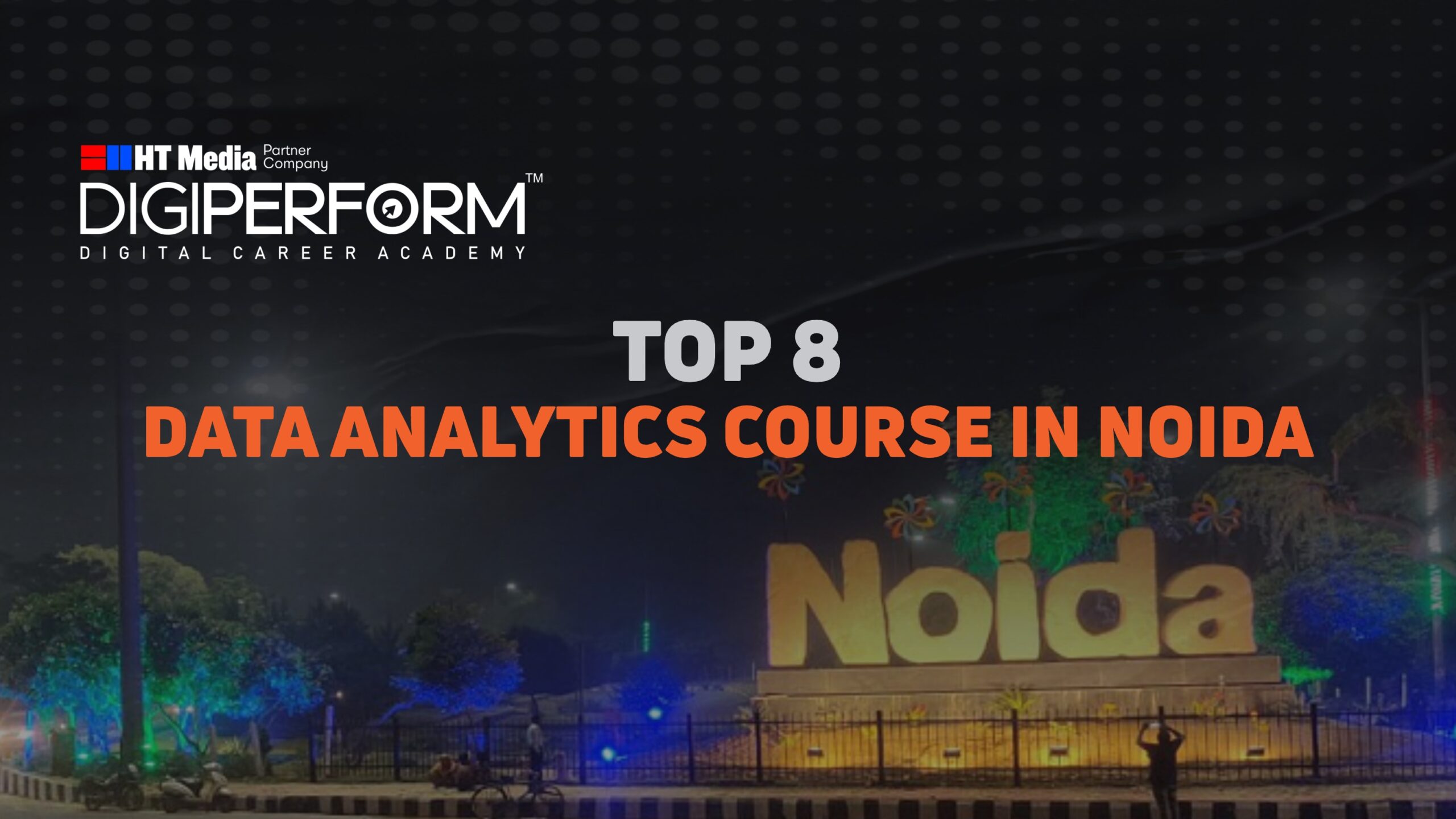
Master
Data Science Courses
India’s Only Data Science Training Program created to help you to build a successful career in Data Science from scratch.

How to Become a Data Scientist Complete Guide for Beginners
In today’s digital world, there is a field which is known as Data Science, and day by day people’s curiosity about the science behind it is increasing. You must have heard this word quite often, but what is Data Science? And how is it rapidly making its place in our lives? In this article, we will delve deeper into these basics. Without technical jargon, let us introduce you to the exciting world of data science for beginners.
Understanding Data Science: What’s the Discussion About?
In simple words, data science is the study of data, which includes algorithms, principles of machine learning, and various other tools. It is used to record, collect, and analyze data to obtain important and useful information. Which can help us make better decisions.
Imagine you have many pieces, and you’re asked to put them together to create a picture. Well, a Data Scientist does a similar thing by looking at data from different places and making a clear picture. This helps organizations make good decisions.
Data Science isn’t just for super technical people. If you’re curious, whether you’re a student, a professional in a non-technical job, or just someone interested in data, you can do well in data science.
The Building Blocks: What You Need to Know
Now that you know what data science is, you might wonder what you need to learn to start. Don’t worry; it’s not tough. Just think of it as learning a new language – the language of numbers and patterns. So let’s start!
Mathematics: The Friendly Side of Numbers
Don’t worry when we talk about math – we’re not discussing tricky equations that make your head spin. Data science math is more like simple math, stats, and a bit of algebra. It’s about understanding numbers, not proving fancy theories
You don’t need to be a math genius; all you need is a willingness to learn. Many online platforms offer friendly math courses tailored for beginners. Take your time, go at your own pace, and don’t forget to enjoy the learning process. Soon, you’ll see how math becomes your trusty sidekick in the data science adventure.
Coding: Your Digital Magic Stick
Coding might sound a bit tricky, but it’s like having a magic stick in the world of data science. You don’t need to be a coding expert; just get used to a programming language like Python or R. These languages are like superheroes for data science – they make your tasks easier and faster.
Start with simple stuff, try out basic coding exercises, and slowly improve your skills. Online coding courses or joining coding groups where you can ask questions and learn from others are great ways to get hands-on experience. Don’t forget, that the more you practice, the better you’ll get at coding. So, dive in and have fun with some coding exercises!
Putting Theory into Action: Playing with Real-World Data
Now that you have a basic understanding of the tools, it’s time to get your hands dirty – metaphorically speaking. Imagine diving into a pool of real-world data, exploring its depths to find hidden treasures.
Finding Datasets: Your Treasure Hunt
Look for datasets on the internet – many online platforms offer different types of data and challenges. It’s like embarking on a treasure hunt, with each dataset holding unique insights waiting to be discovered. From climate data to social media trends, the possibilities are vast.
This step is akin to honing your detective skills. You’ll learn how to clean messy data, spot patterns, and draw meaningful conclusions. Start with simple datasets, like analyzing temperature trends in your city, and gradually tackle more complex ones. It’s all about building your confidence and gaining practical experience. The more you practice, the more you’ll get the hang of data science.
Learning the Tools: Your Digital Toolkit
Data scientists have a set of cool tools that make the job easier. Think of it as having a toolkit full of gadgets. Becoming familiar with popular tools like Jupyter Notebooks, Pandas, and Scikit-Learn is like mastering the functions of each tool in your toolkit.
These tools help you analyze and visualize data effortlessly. Online tutorials and documentation are your friends here. Don’t be afraid to experiment and explore. Soon, you’ll be navigating these tools like a pro, turning raw data into meaningful insights.
Creating Your Data Science Portfolio: Showcasing Your Skills
Wow, well done! You’ve completed your journey in data science. Now, let’s flaunt your skills by making a portfolio – like a digital scrapbook of your data science experiences.
Building Your Portfolio: Your Display
Put in projects you’ve done, problems you’ve faced, and solutions you’ve made. It’s like telling a visual story of your data science skills. Share your portfolio with everyone. Employers like to see actual examples of what you can do. It’s not just about what you know; it’s about what you can do.
Conclusion:
Data science is not something only tech experts can understand. It’s a journey for anyone curious and willing to learn. By knowing the basics, trying out math and coding, exploring real data, understanding digital tools, and showing what you can do, you can start a cool adventure in data science.
So, are you ready to jump in and explore the cool things data science has to offer? DIGIPERFORM ACADEMY will help you in this through its online data science course, called Master Certification Program in Analytics, Machine Learning, and AI. It’s India’s only online training program for Data Science. Your journey awaits!
FAQs:
What is a data scientist, and what do they do?
A data scientist is someone who looks at lots of information to find important things. They use numbers and patterns to help make good decisions.
Do I need to be super good at math to become a data scientist?
Not super good, but knowing basic math helps. It's more about understanding numbers than doing hard math problems.
Can anyone become a data scientist, or is it only for computer experts?
Anyone curious and willing to learn can become a data scientist. You don't have to be a computer expert, but getting comfortable with some computer stuff is useful.
What tools do I need to learn to become a data scientist?
You can start with tools like Python or R for coding. Also, try out tools like Jupyter Notebooks, Pandas, and Scikit-Learn. They're like helpful gadgets for data science.
How long does it take to be a data scientist?
It depends on how much time you spend learning. You can start with small things quickly, but becoming really good might take a few months or more. It's about practicing and having fun with it!
